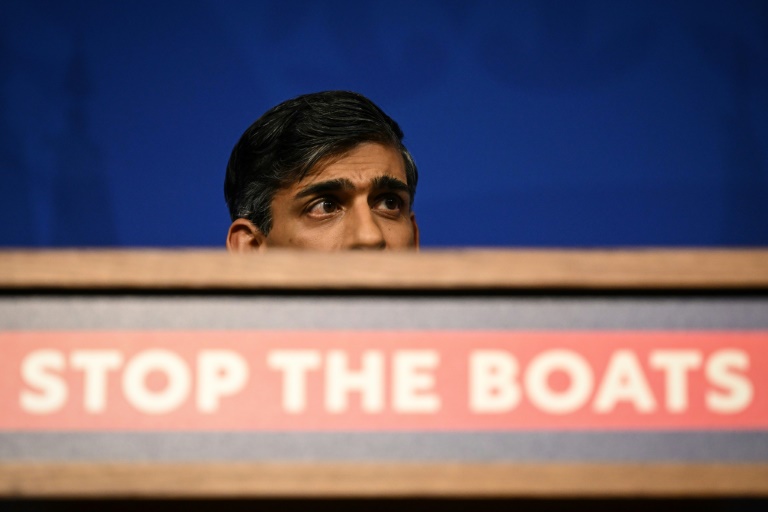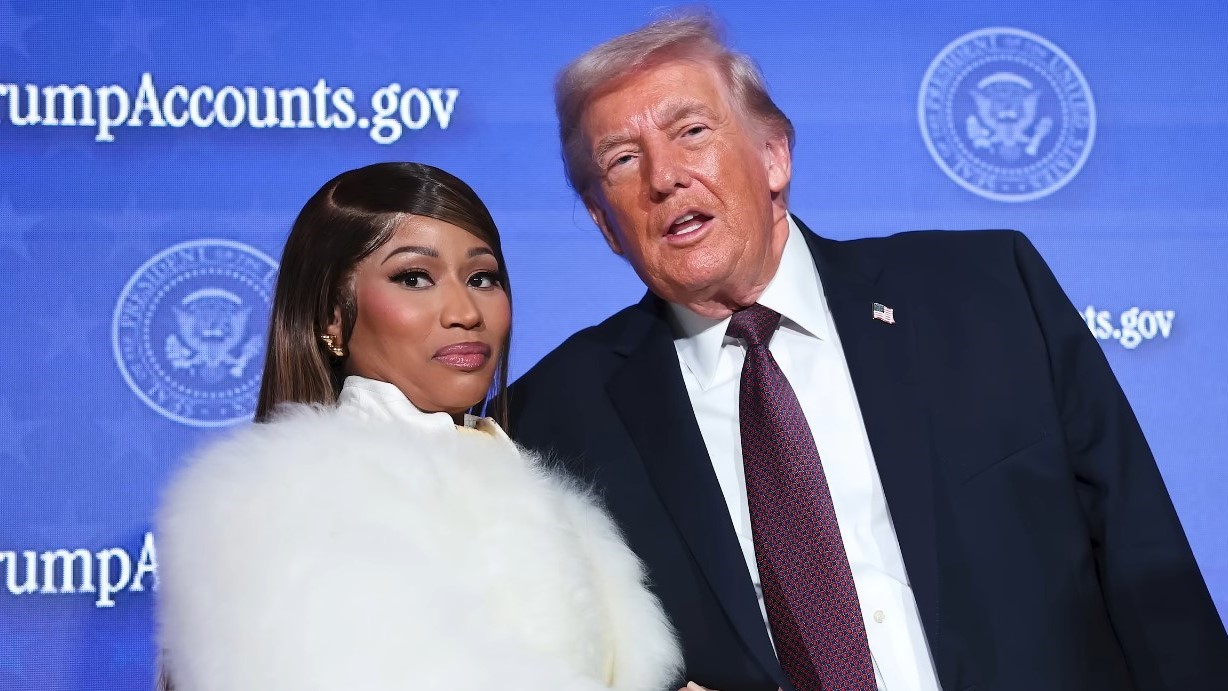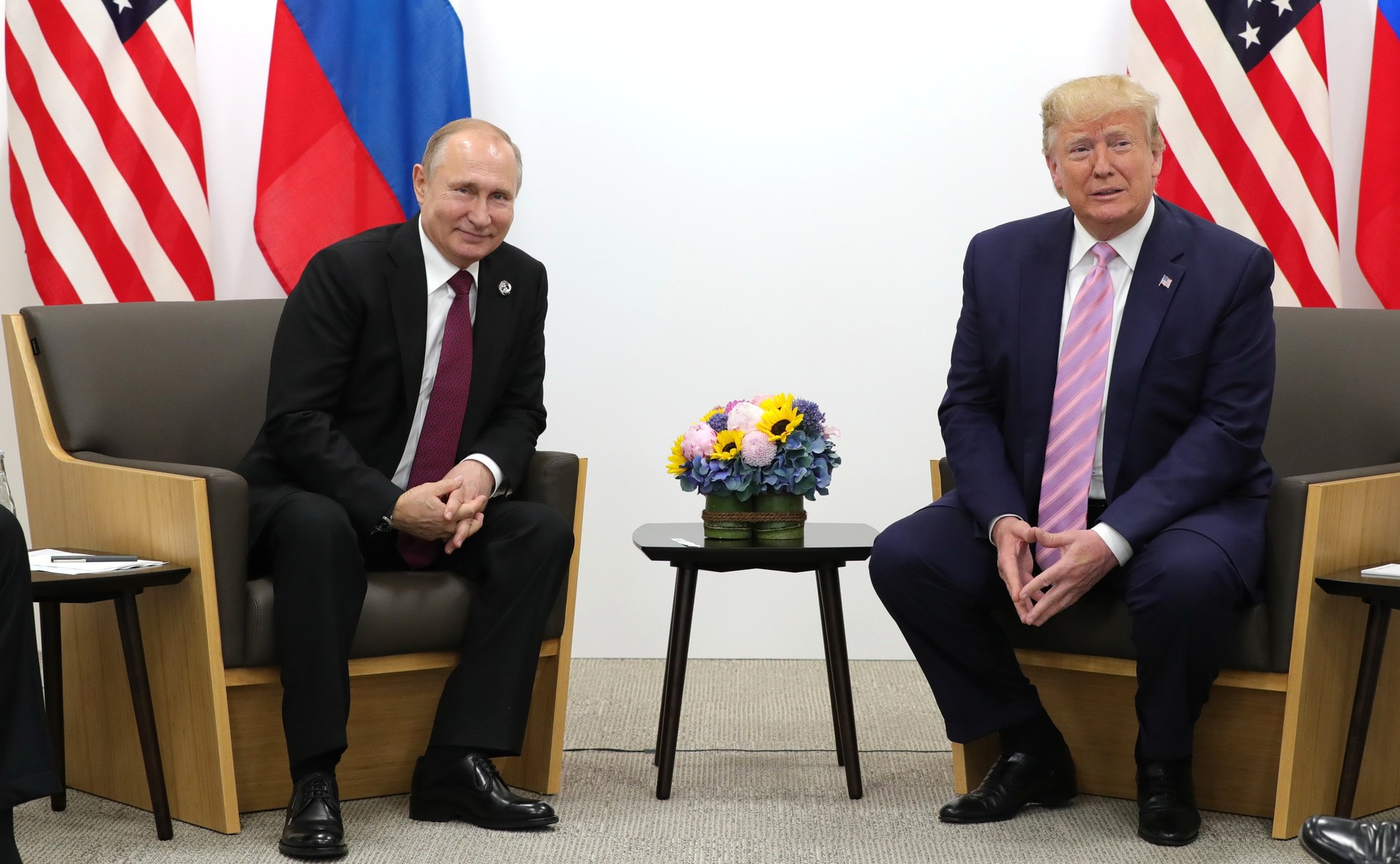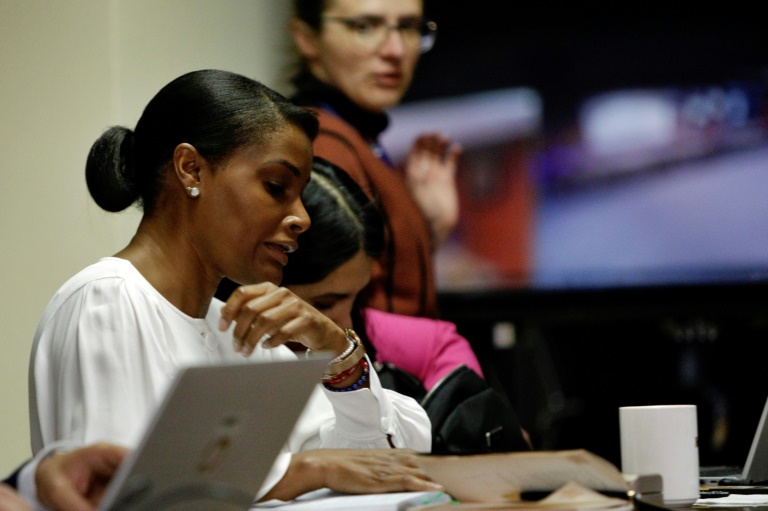Rishi Sunak on Thursday urged members of the UK’s unelected upper chamber of parliament to pass his contentious plan to send migrants to Rwanda, insisting it was “the will of the people”.
The prime minister survived a key test of his leadership on Wednesday night, fending off right-wing rebels in his Conservative party to get the proposals through the House of Commons.
He insisted the 44-vote margin in favour was “a very strong majority” and called on the House of Lords not to bog down its parliamentary passage with amendments as they scrutinise the bill.
Sunak, an internal Tory appointment as prime minister after Liz Truss’s short-lived tenure ended in disaster in October 2022, is under pressure to deliver on what he has made a flagship policy.
He has vowed to cut regular and irregular immigration that have reached record levels, despite promises to tighten UK borders after the country’s departure from the European Union.
The issue — and his proposed solution that was not Tory policy at the last election in 2019 — is likely to dominate the next nationwide vote later this year, which the opposition Labour party is tipped to win.
Sunak told a Downing Street news conference that the bill had to clear the Lords “as quickly as possible so that we can then start getting flights up and running”.
“My message to the House of Lords would be, ‘look at the majority last night’,” he said. “They can see what a priority this is for the country.”
He added: “There is now only one question. Will the opposition in the appointed House of Lords try and frustrate the will of the people as expressed by the elected House?
“Or will they get on board and do the right thing?”
Conservative rebels had threatened to kill the Safety of Rwanda (Asylum and Immigration) Bill, saying the measures it contained were not strong enough.
But they ultimately backed down and the government won comfortably by 320 votes to 276.
The bill is Sunak’s answer to a UK Supreme Court ruling late last year that deporting asylum seekers to Kigali is illegal under international law.
He has staked his political future on the scheme, promising to “stop the boats” of migrants crossing the Channel from northern France.
Nearly 115,000 have made the perilous journey since the government began counting numbers from 2018, with 358 detected in British waters and brought ashore on Wednesday.
The National Crime Agency meanwhile said an Iranian middleman for people-smuggling gangs involved in small boat crossings had been convicted of money laundering and immigration offences.
Asghar Gheshalghian, 48, ran an unregistered money services business and had contact with at least eight Iranian migrants who later arrived in the UK by boat or lorry and claimed asylum, the NCA said.
He will be sentenced at a later date, said the agency, which probes serious, organised and trans-national crime.
Sunak’s proposals, if passed in the Lords, will compel judges to treat Rwanda as a safe third country.
The law would also give UK ministers powers to disregard sections of international and British human rights legislation.
But critics dismiss it as an expensive gimmick that will not work, accusing the government of not doing enough to clear asylum backlogs.
Peers in the Lords, which include former senior judges, have expressed deep unease about the plan, particularly its calls to ignore international human rights and refugee law.
AFP
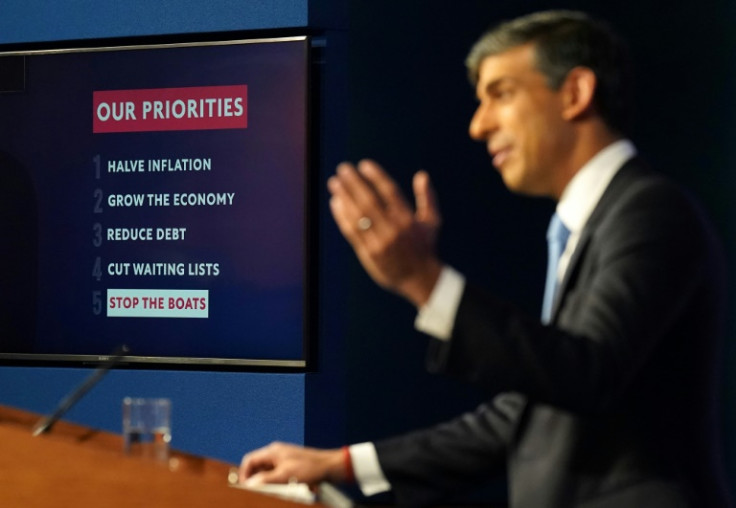
AFP
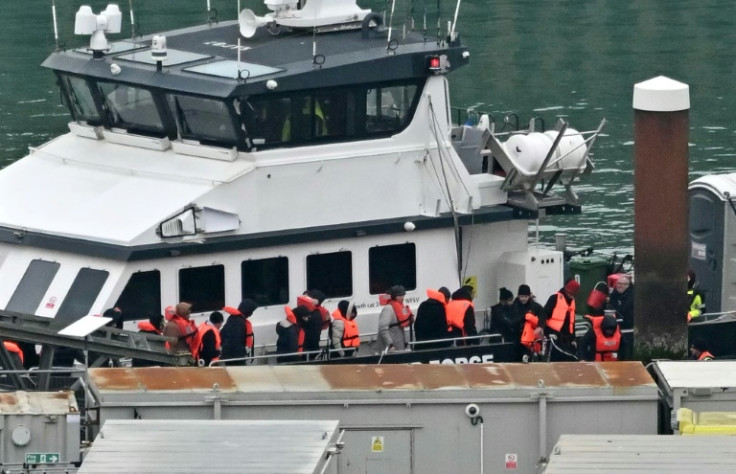
AFP

